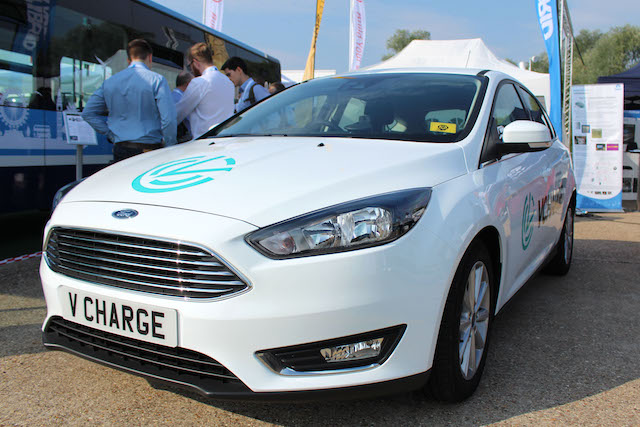The University of Bath is helping development of a new design variable drive supercharger.
Independent on-engine test results have verified the simulation predictions that a V-Charge variable drive mechanical supercharger enables more ambitious levels of engine downsizing.
Compared to a current 1.5L GTDI engine producing an impressive 240 Nm torque – a 1.0L GTDI engine of the same EcoBoost family outperformed the 1.5L version when fitted with a V-Charge unit.
The tests were carried out by the University of Bath Powertrain and Vehicle Research Centre (PVRC), using a Ford 1.0L EcoBoost engine, in a part-government funded programme. The 1.0L engine with V-Charge delivered 250 Nm torque, corresponding to a BMEP (Brake Mean Effective Pressure) of 31 bar.

Transient performance was also significantly improved compared to the original 1.0L GTDI engine, which in production form is fitted with a single fixed geometry turbocharger. The superior transient response of the V-Charge equipped engine, particularly at lower engine speeds, results in significantly improved driveability even compared to the 1.5L unit.
A Ford Focus powered by a 1.0L EcoBoost engine fitted with the V-Charge system took part in the ‘ride and drive’ programme at the Aachen Colloquium Automobile and Engine Technology congress, Germany earlier this month.
The event is the largest of its kind in Europe and this year more than 65 companies and 2,000 participants were there.

